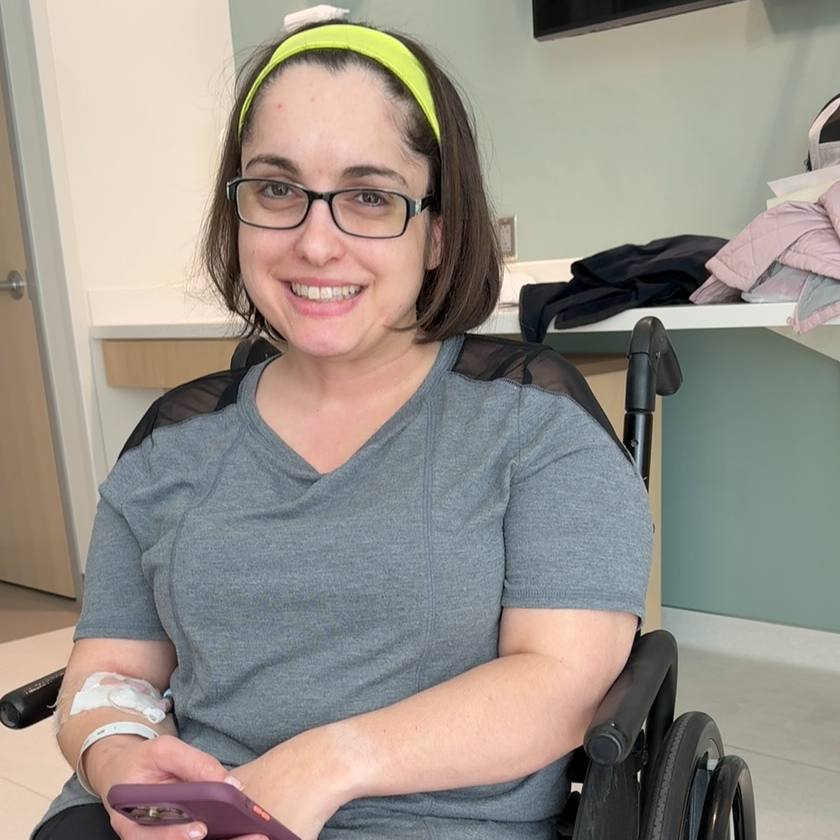-
Mental health and the holidays: Seasonal depression

Q: Many people suffer from seasonal depression, which can cause seasonal mood fluctuations during the holiday season. How can people know if they are experiencing actual clinical depression or perhaps just feeling down or anxious about the holidays? And what can they do about it?
A: Seasonal affective disorder (SAD) is a type of depression that typically occurs during the fall and winter months. It is associated with shorter days and less exposure to natural light. The common symptoms are mood swings, changes in sleep patterns, lack of energy, lack of interest in normal activities and withdrawal from people.
SAD is thought to be linked to various hormones and chemical fluctuations, including melatonin and serotonin. Melatonin is a hormone produced in the brain that helps regulate other hormones, and serotonin is a neurotransmitter associated with mood. Changes in the season can disrupt the balance of these levels, which may affect both sleep and mood.
"Also, when it's cold and dark this time of year, people stay indoors more often, and increased isolation can contribute to feelings of sadness and depression," says Lisa Hardesty, Ph.D., Mayo Clinic Health System psychologist.
What are some ways to cope when SAD sets in? Some of the best ways to prevent or improve a depressed mood are straightforward, and you can start today.
- Bring in more light. This can be accomplished through a light box that can be ordered with a prescription or by getting out in the natural light more often during the daytime hours.
- Eat a well-balanced diet. If you are not eating a nutritious diet, you are missing out on nutrients that promote a positive state of being. Specifically, consume foods such as fruits, vegetables, whole grains and nuts. You may crave sugars and quick carbohydrates, but those food choices actually can worsen your mood and create a vicious cycle.
- Exercise moderately on a regular basis. Exercise is the best medicine for treating mood changes, and you may even notice changes within a week or two of consistent movement.
- Get enough quality sleep. When your sleep is disrupted, it can affect your mood and overall cognitive function. Regulating sleep is one of the most important treatments for SAD.
- Make time to interact with friends and loved ones. They supply a strong support system, which can help you deal with emotional difficulties.
- Consider doing something for someone else. Volunteering, donating to charity and performing random acts of kindness can be very rewarding and is an effective way to add a spark back into your life.
"These are great ways to help yourself, but we also want to encourage you to see a doctor if you have persistent feelings of sadness or hopelessness," Dr. Hardesty says. "If your feelings interfere with your everyday life, if you don’t enjoy activities that you once did, and especially if you are having thoughts about suicide, see your health care provider right away for help."
_______________________________
Mayo Clinic Health System consists of clinics, hospitals and other facilities that serve the health care needs of people in Iowa, Minnesota and Wisconsin. The community-based providers, paired with the resources and expertise of Mayo Clinic, enable patients in the region to receive highest-quality physical and virtual health care close to home.
Related Articles







